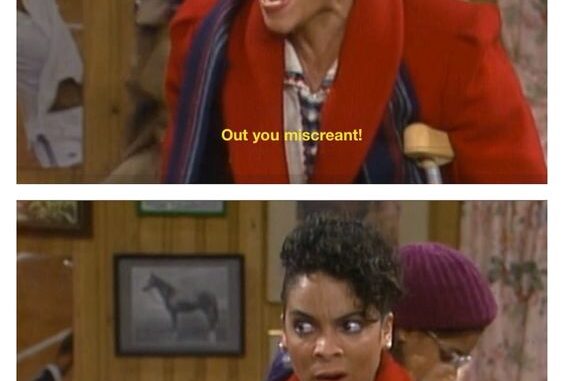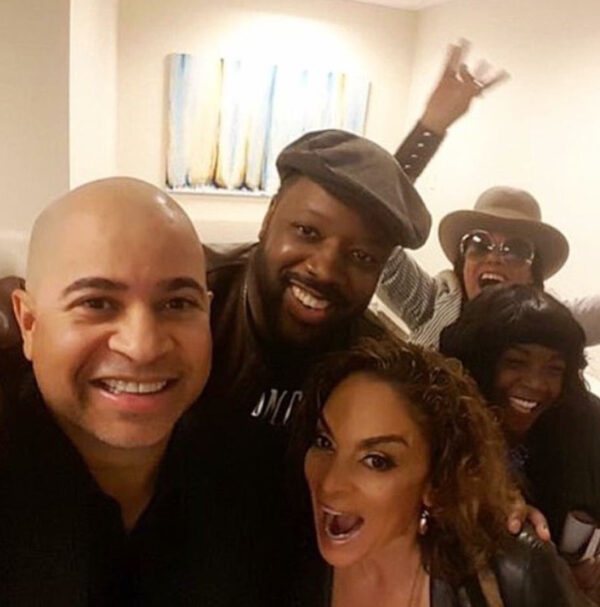
Jasmine Guy was a key fixture in one of the most popular all-Black casts of the late ’80s to early ’90s when she starred in “A Different World.”
The show premiered in 1987, and followed young, diverse Black men and women attending the fictional historically Black institution, Hillman College. But by the second season, it became evident the show’s premise was not just to show Black college life and provide comedic relief within a 30-minute time slot; instead it was a chance to show the real-life experiences of people of color.

“A Different World,” which was a spin-off of “The Cosby Show,” pushed the envelope by not shying away from topics such as date rape, racism and even politics. Regardless of how necessary those narratives may have been, and remain today it was anything but easy to get them green lit by the show’s network, NBC.
“It was always a fight with them,” said Guy when thinking back on the struggles to depict hard-hitting storylines that would deeply resonate with society. Guy recalled one time in particular when the show’s creator, Bill Cosby, flew in to “put his foot down for the AIDS episode with NBC because they didn’t want to do it.”
The episode, which aired in 1991 during the fourth season, was the only one of the series to be labeled TV-MA (for mature audiences). By that time, AIDS was recognized as an epidemic shrouded by stigmas and misinformation, some of which the episode attempted to face head on. But it was no easy feat getting NBC on board with the story, said Guy in a recent interview. “They [NBC] never wanted to do anything deep that we wanted to do.”

In some ways the show being nestled between the wholesome images of the beloved Cosby family and then the all-white cast of “Cheers” likened it to a space filler to the network, Guy said.
“We were always told we stayed on the air because Cosby’s on the air,” said the actress, who played Southern belle Whitley Gilbert. “Our power was always diminished in Hollywood, to the networks, to the powers that be. We were not treated as I saw other actors treated on other hit shows,” she continued.
While the impact of the show may have been missed by some television executives during its run through July 1993, there has been no denying the lasting impact it has had on the Black community. In 2016, members of the cast continued to pay it forward when helping Historically Black Collges and Universities recruit students. Despite attending the fictional Hillman College, it was the first time the cast had ever gathered to visit a college.
